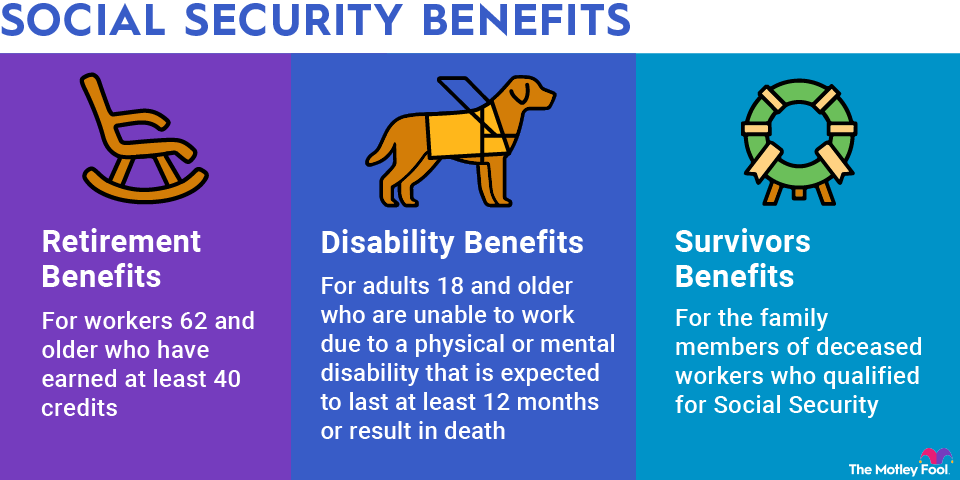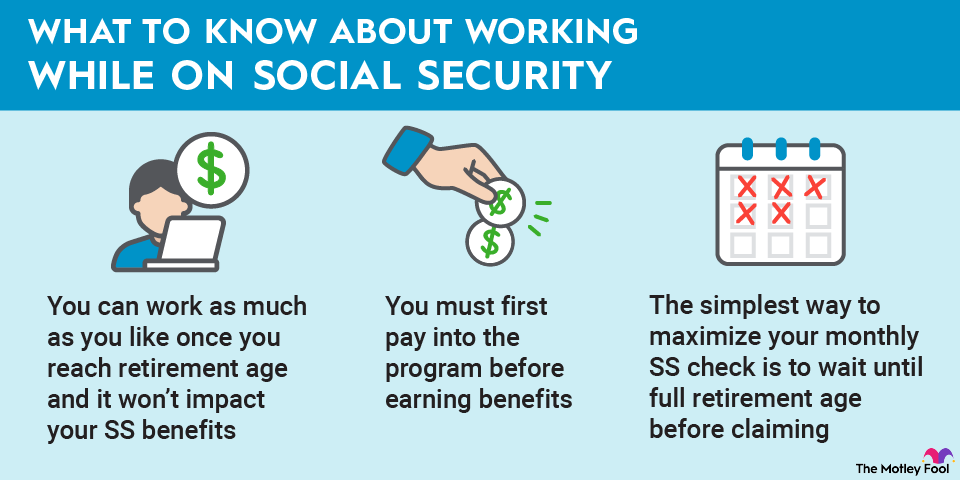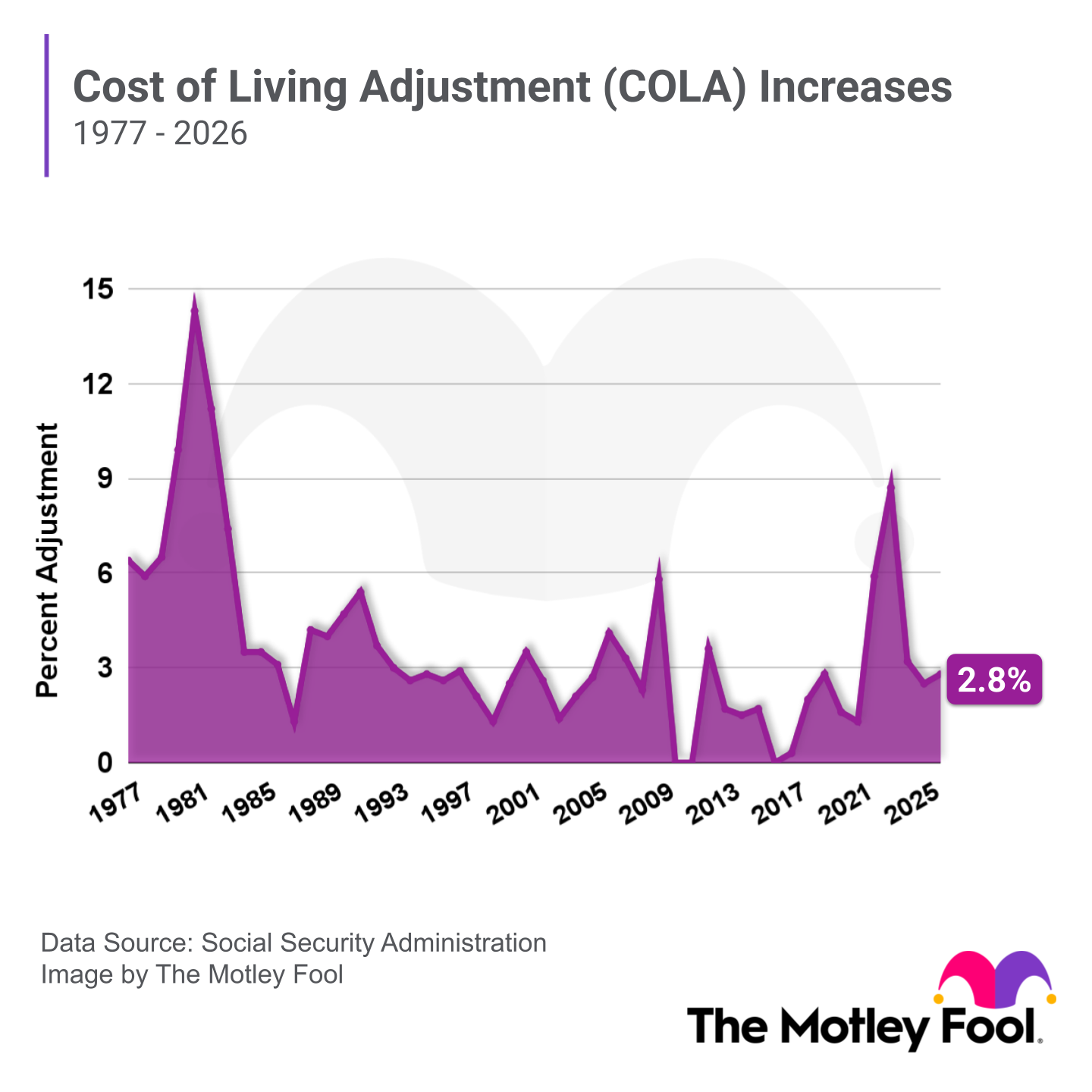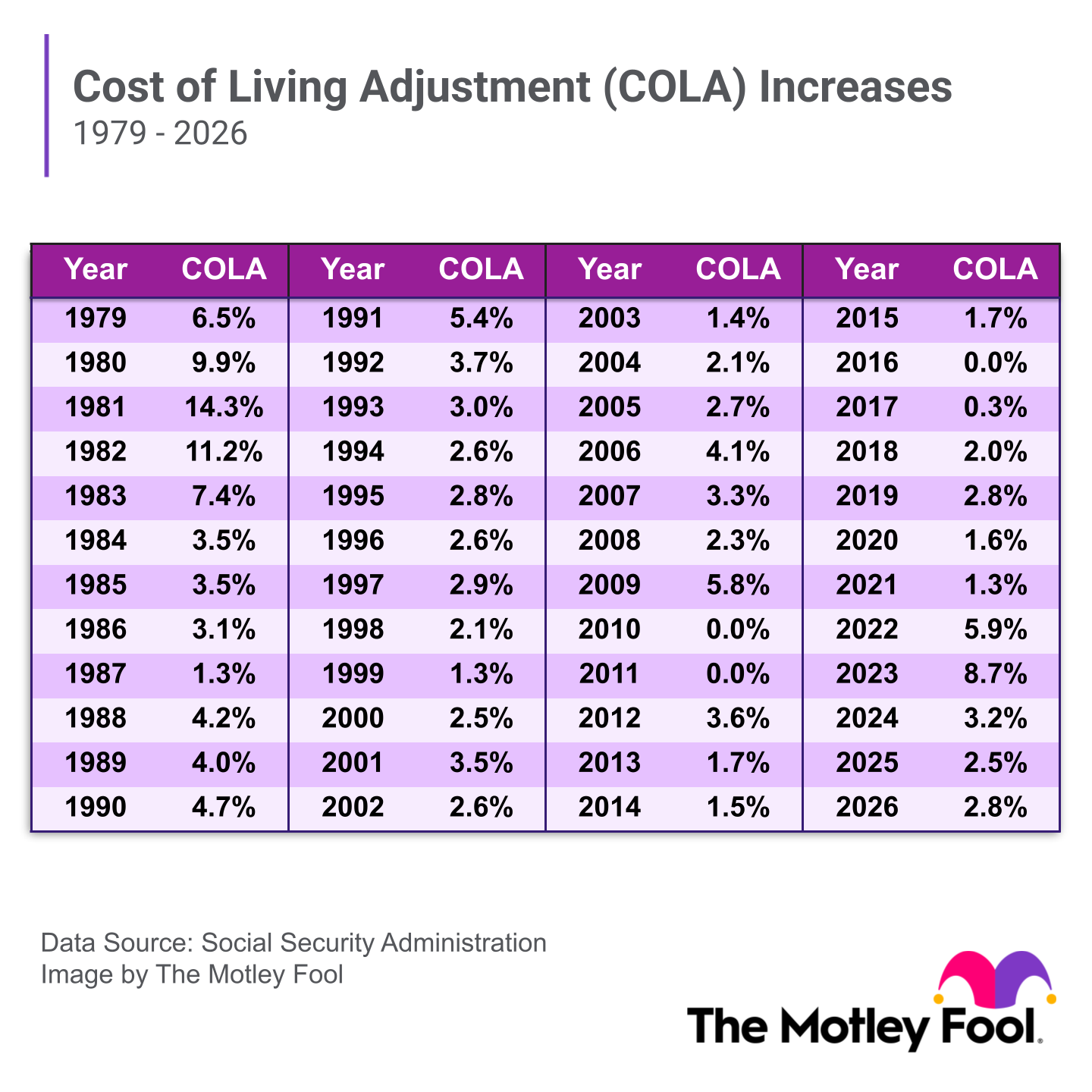You can continue to work after you claim Social Security if you choose to do so. However, if you earn more than a certain amount of money, some or all of your benefits can be withheld. This is known as the Social Security earnings test.
In this article, we'll discuss how the Social Security earnings test works, who it applies to, and all of the relevant limits and numbers you need to know.

What is the Social Security earnings test?
Americans who qualify for Social Security retirement benefits can choose to start collecting them at any time between the ages of 62 and 70. However, full retirement age (FRA) for most Americans is 67 years old, and benefits are permanently reduced if they're claimed before this age is reached.
Almost one in every three Americans collecting Social Security has retired early. For many, it's a financial necessity. Either a layoff or a medical condition has made it necessary to use the benefits to stay afloat.
However, not all Americans who decide to collect Social Security early completely stop working. This group is subject to a Social Security earnings test that determines the amount of their monthly benefit. We'll discuss the specifics in a bit, but the general idea is that if people who claim Social Security early earn more than a certain amount, some or all of their benefits can be withheld.
Taxable Income
How does the Social Security earnings test work?
For purposes of the Social Security earnings test, there are three categories of people who receive benefits:
- Those who will reach full retirement age after the current year.
- Those who will reach full retirement age during the current year.
- Those who have already reached full retirement age.
Let's take these one at a time. First, if you've already reached full retirement age, you can relax. The Social Security earnings test doesn't apply to you at all.
If you will reach full retirement age after the current year, Social Security withholds $1 from benefits for every $2 earned above the annual limit, which was set at $23,400 in 2025 and is rising to $24,480 in 2026.
Finally, If you will reach full retirement age during the current year, Social Security withholds $1 from benefits for every $3 earned above the annual limit, which was set at $62,160 in 2025 and is rising to $65,160 in 2026. Only the months before you reach full retirement age are considered.
One important thing to know is that if any of your benefits are withheld because of your earnings, Social Security will recalculate your benefits once you reach full retirement age to give you credit for the months that your excess earnings caused benefits to be reduced or withheld.
An example of how this works
Here's an example of how this works.: You decided to file for benefits when you turned 62 in January 2025 and have earned a monthly benefit of $1,500. But you're still going to be working a bit, and you think your earnings will come to $25,000. That's $1,600 above the current limit, so Social Security would withhold $1 of every $2 over that amount, or $800.
Social Security would withhold your benefit payment in January to account for the difference (Note: The SSA does not withhold partial amounts of your monthly checks). Your $1,500 monthly benefit would begin in February, and you'd receive $700 back (because Social Security withheld $1,500 worth of benefits, rather than $800) the next year.
Related investing topics
The bottom line on the Social Security earnings test
It's well known that waiting as long as possible (at least to the age of 70) to begin collecting Social Security benefits will result in a larger monthly check. However, not all people nearing retirement are aware that continuing to work before reaching their full retirement age can cut into their benefits.
The bottom line? If you're thinking about starting to collect Social Security before your full retirement age, don't count on getting the full amount right away and plan your budget accordingly.










